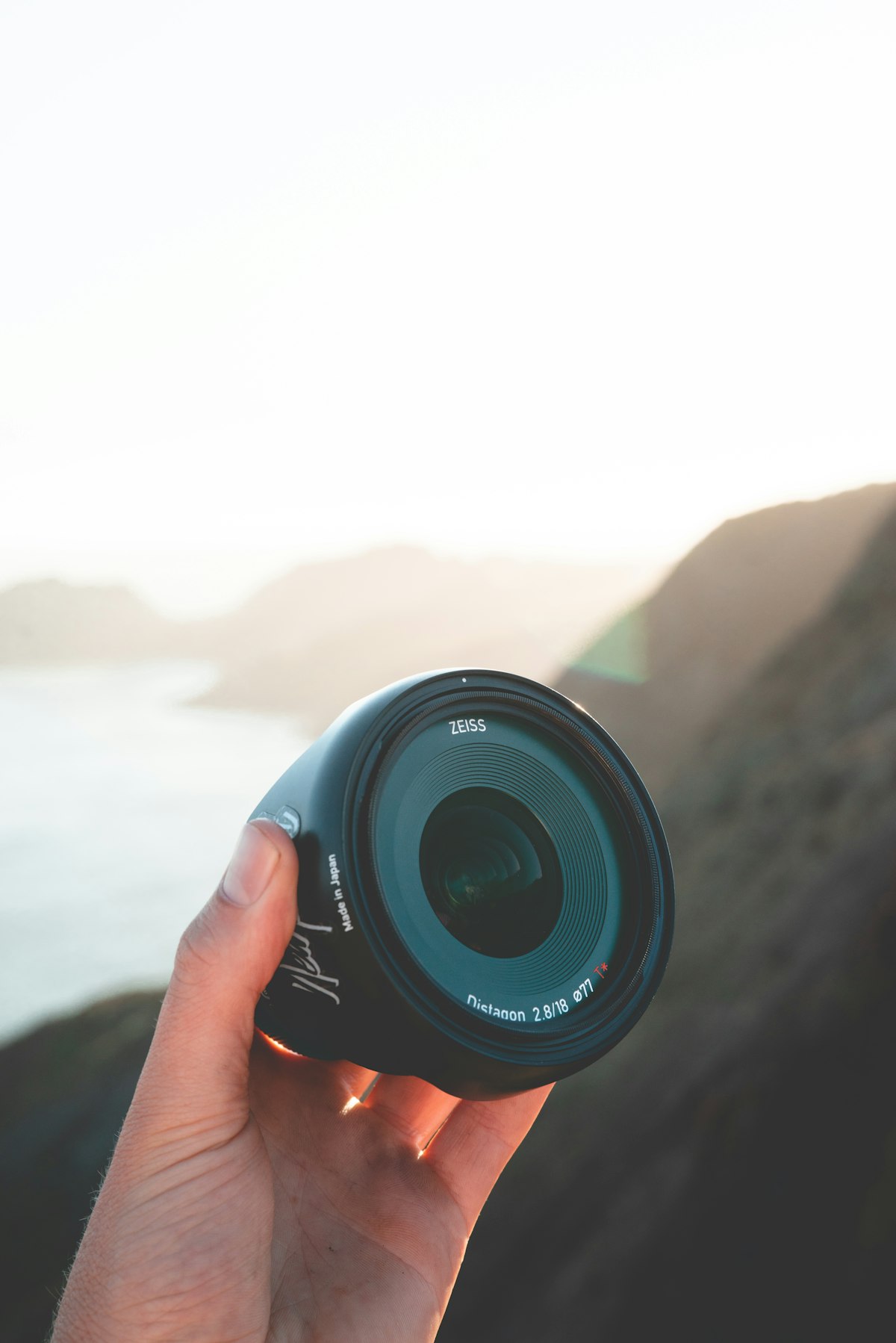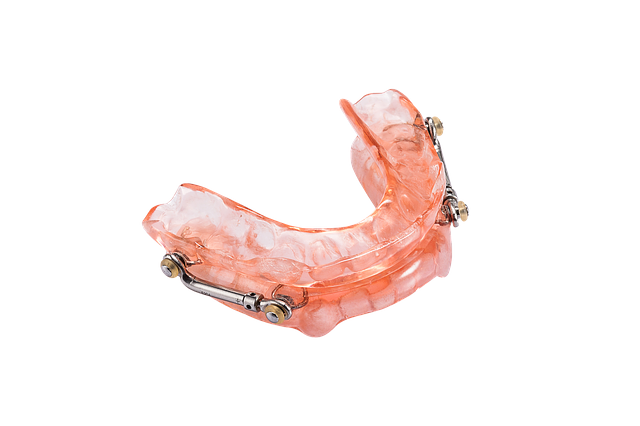Although sleep apnea is often a dangerous condition, there are many treatments available. Although sleep apnea can potentially cause very significant health issues, the important thing to keep in mind is that this common condition responds well to a variety of treatments. This article will provide you with many tips on managing your sleep apnea.
Give up some of your vices to combat the symptoms of sleep apnea. Two of the biggest problems are drinking and smoking. When you drink, your respiratory system is depressed and breathing becomes difficult. Smoking, of course, causes both long and short term damage to your lungs and airways, as well as putting you at risk for cancer. When you stop doing these things, your sleep apnea symptoms should be reduced.
Excess weight is an issue that plays a negative role in many sleep apnea sufferers’ conditions. If this is the case, a sleep apnea sufferer should try to lose weight. They should follow a sensible weight loss plan, usually involving a restricted calorie diet combined with exercise. Restricting carbohydrates has shown to be a big help in losing weight.
Get a mouth guard if your airways are the cause of your sleep apnea. Narrow airways can be opened, jaws can be properly aligned and nasal passages can be opened up to allow more air into the lungs. Mouth guards and sleep masks must be properly fitted in order to help improve apnea.
Do you smoke or drink? Break these unhealthy habits right away. They can do bad things to your airways. Smoking and alcohol combined can definitely cause sleep apnea. If you are having trouble quitting either of these habits, at least try to abstain in the few hours before bedtime.
Try cutting out cigarettes and alcohol if you have sleep apnea. These habits can cause airways to relax too much, which can worsen sleep apnea and snoring. Giving up these habits can save you a lot of money as compared to expensive surgical procedures that might be needed later if you continue.
Shedding some excess pounds is a good idea if you’re overweight. Obesity has clearly been linked with sleep apnea in multiple studies. It also stands to reason that losing just a little weight can dramatically improve your condition and your health.
Talk to your physician about the possibility of a mouth piece to correct your sleep. It may be that your airways are narrower than average, and this is fine. Specialty devices can rectify the minor deviations during sleep so that your jaw aligns and your breathing passage remains unobstructed, giving you a better night of uninterrupted rest.
Learning how to play a wind instrument is something which can help ease the symptoms of your sleep apnea. Researchers in Germany found that playing a didgeridoo can train and strengthen the muscles of the upper airway. These particular muscles impact your airway dilation and control how stiff your airway walls get. These are great reasons to take up playing this instrument and easing the symptoms of sleep disorders.
If you are carrying a few extra pounds, it may be time to lose them. Studies have shown sleep apnea and obesity can be related. Consequently, it is therefore possible that losing just twenty-five pounds could result in a dramatic improvement of your sleep apnea symptoms if you are currently suffering from obesity.
Sleep apnea is usually diagnosed by a doctor after he looks at your family history, medical history, and you have a comprehensive physical exam. Also, there may be a sleep study performed and even a sleep specialist recommended if the doctor treating you feels that your condition is severe enough to get it looked at further.
Don’t take sleeping pills if you can avoid it. Sleeping pills are similar in a way to alcohol because they may relax the muscles in your throat. They can also contribute to a large variety of things that are problematic to those who suffer from sleep apnea. Think about asking your physician about ways you can get to sleep that will not affect your apnea.
If you sleep alone, you might have a hard time determining if you suffer from sleep apnea. Try setting up a video camcorder to record yourself while you are sleeping at night. Make sure that the microphone on your recording device picks up any snoring or other noises you make while sleeping, because your physician needs to hear them.
Sleeping by yourself can keep you from knowing if you have the symptoms of sleep apnea. Try setting up a video camcorder to record yourself while you are sleeping at night. Whatever video system you set up also need an audio component, since your physicians are going to need to hear the sounds you make.
Cpap Machine
If you need to stay at a hospital for any reason, remember to pack your CPAP machine. Whether the hospital stay is a planned one or it’s just an emergency room visit, always bring along the CPAP machines just in case you need to stay for awhile. It already has your pressure settings dialed in, and your mask is something your used to wearing at night. This will make continuing your CPAP therapy much more tolerable.
Remember to bring the CPAP machine with you if you should happen to require a stay at the hospital. You need to take your CPAP machine with you whenever you go to the ER or any routine hospitalization, such as for surgery. It already has your pressure settings dialed in, and your mask is something your used to wearing at night. This will simplify your CPAP therapy during your stay at the hospital.
Stick to using just one normal sized pillow as you sleep. When you use an over-sized pillow or multiple pillows, it can skew your position. This can position you in a way that makes it harder to breathe. So, you should stick to one pillow to help lessen any sleep apnea symptoms.
If what you are doing at home isn’t working well enough to help your sleep apnea, then you should consult with a doctor to explore some additional treatment options. Not everyone responds to the standard treatment for sleep apnea, and some may need to do something a little more drastic, including surgical techniques.
Use nasal spray if you suffer from sleep apnea. Nasal spray can help clear out your airways. Do not use nasal spray over long periods of time: this could damage your nose and cause irritation. Visit your pharmacy to see what your options are for keeping your nasal passages open as you sleep.
Devices intended to prevent snoring may be of some use. Snoring is caused by mostly-closed airways, and apnea is fully-closed airways. So, it makes sense that a device that helps with the former can help with the latter. This device can reduce the symptoms of sleep apnea during the times you are in bed.
Consider trying devices that reduce snoring. Snoring is caused by your airways being blocked with minor airflow, and apnea involves them being shut completely with no airflow. Therefore, it is only sensible that a stop snoring device might also help with sleep apnea. Using a device that reduces your snoring will help you sleep better.
Lower risk factors for sleep apnea. Some risks are inherent, such as family history or being male. However, you can limit many others, like excessive weight, smoking or alcohol consumption.
If you have sleep apnea you should not smoke. Smoking can cause the upper airway to swell, which exacerbates sleep apnea. To quit smoking, try a smoking cessation program or use nicotine replacement therapy. For most people, the toughest part is the first 30 days or so. Once that happens, nicotine leaves your system and cravings begin dissipating.
You should ask your doctor what you can do about sleep apnea; however, there are areas that you can investigate for yourself. Everyone can benefit from getting thinner or quitting smoking, but this goes double for those suffering from sleep apnea. Other vices to avoid are caffeine, alcohol and large meals right before bedtime.
There are many simple remedies available to anyone who is dealing with sleep apnea. Set up a schedule for each day so that you can go to sleep at a regular time and wake up at the same time. Make sure your environment is conducive to sleep as well, free of noise and distractions. With poor sleeping conditions you run the risk of having recurring sleeping issues.
If you have sleep apnea you should not smoke. Smoking causes your throat to swell and that will make your condition even more difficult to deal with. To give up smoking, try any cessation program. Nicotine replacements are also good choices. The first month is often the hardest for most smokers. Once that happens, nicotine leaves your system and cravings begin dissipating.
If you suffer from sleep apnea, don’t sleep on your back. Sleeping on your back does not allow enough air to get into your airways, making sleep apnea flare up. Gravity will not pull on your throat muscles and close them up as easily if you turn on your side instead.
If you plan on taking the plane for a long trip, contact the airline company and let them know you will need to use your CPAP machine. Friendly airlines are happy to seat you where there is sufficient room for you and your machine. You’ll need a power adapter on any foreign flights you take.
Many people that have sleep apnea sleep on their backs. If you sleep on your back, you might rethink doing that. It has been shown that the tongue and palate fall toward the back of the throat when people sleep and this can obstruct the airway.
Sleep Apnea
If you have sleep apnea and it is within a few hours of bedtime, you should not consume any alcohol. Alcohol makes many sleep disorders worse, including apnea. Alcohol is a central nervous system depressant. It worsens sleep apnea and can cause you to become dangerously unresponsive if you stop breathing. It can also put you into such a deep sleep that you do not recover your breathing after gasping for air.
You aren’t always going to be aware of your sleep apnea. But if you do feel tired and irritated throughout the day, then this may be a sign that you do have sleep apnea. Even if you do not realize it while sleeping, you could have sleep apnea.
If you find that your sleep apnea condition is due to too much tissue in your airway and throat, you may need to undergo surgery. UPPP (uvulopalatopharyngoplasty) is a surgical procedure that is done to clear airways of extra tissue and matter, maximizing the space within and probably taking care of the problem. More than likely, the tonsils will be removed as well.
It can be scary to learn you have sleep apnea. Luckily, this condition can be treated. Use the tips from this article to help you cope with your sleep apnea. Getting proper treatment will help you get through each day easier because you will have a good amount of sleep.
A support group is good to join if you have sleep apnea. Not many people have sleep apnea. While you may want to talk about it with people you know, they may not be able to relate. It’s important to look for a group who can support you specifically for this disorder. If you are not comfortable attending groups in person, you can go online and discuss it.
This information served as a great tutorial regarding antibacterial best pillow
Hospital mattress protector,mattress and box spring encasements. This article has so much information, you’ll be ready to move forward with confidence. Get out there and implement this information.













